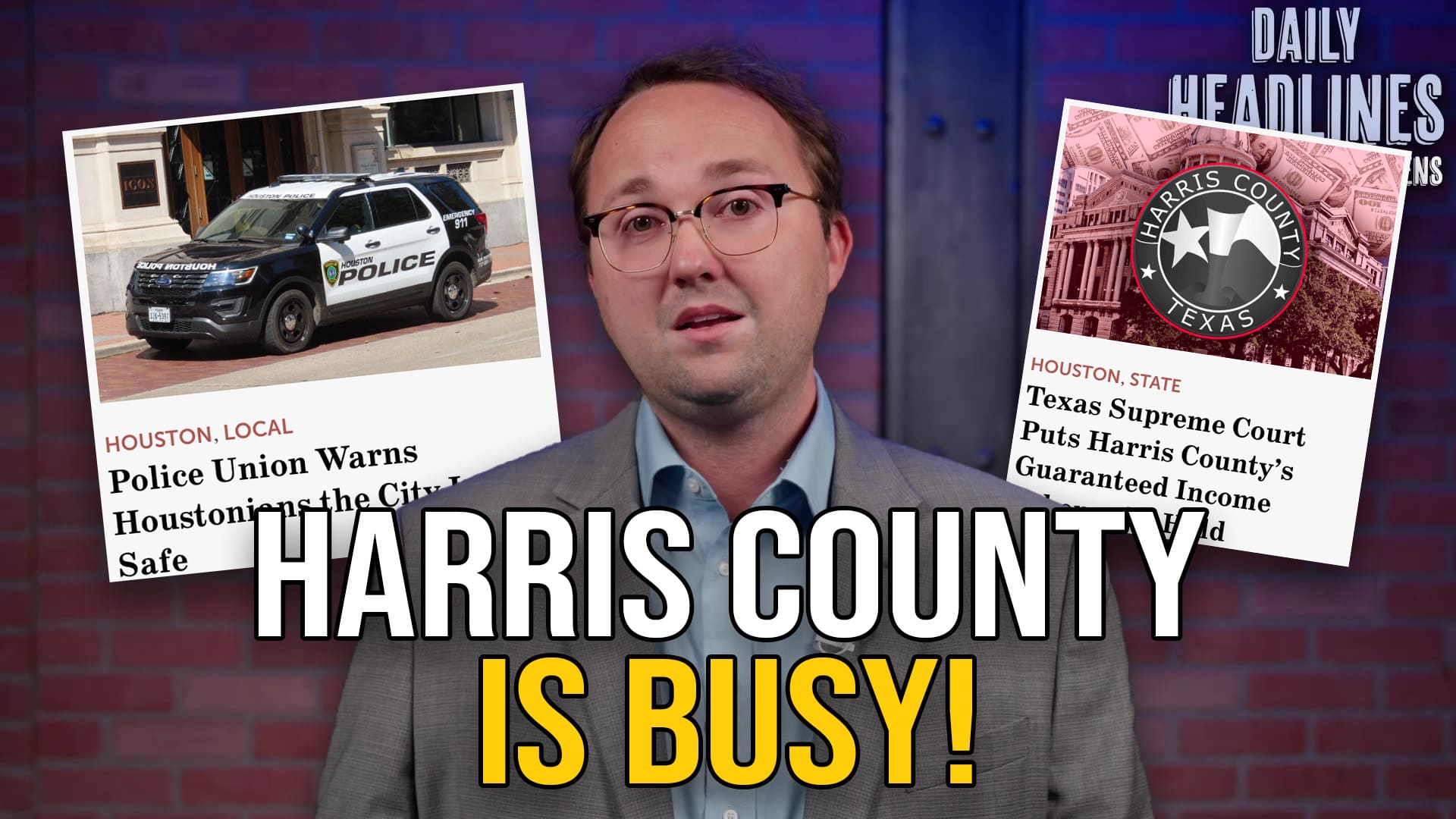Texas Democrat lawmakers are proposing a new state law to ban mental health professionals from counseling minors with unwanted same-sex attractions, a practice often derogatorily referred to as “gay conversion therapy.”
The proposed bills by Democrat State Reps. Celia Israel (Austin) and Ana Hernandez (Houston) would prevent therapists from “attempting to change the child’s behavior or gender identity or expression” or “eliminate or reduce the child’s sexual or romantic attractions or feelings toward individuals of the same sex.”
Similar legislation has also been filed in the Senate by Sen. Jose Menendez (D–San Antonio). Israel has proposed the ban every legislative session since 2015. While there are many worst-case stories about abuse, would a blanket ban on the practice prevent children with unwanted feelings from seeking professional counseling?
One professional has that concern.
David Pickup, a licensed marriage and family therapist with practices in Dallas and Houston, specializes in “reintegrative therapy.” He says the best way to deal with unwanted same-sex attractions is to address a hidden issue: childhood trauma.
“Homosexual feelings are not the problem. Gay porn is not the problem. Addictions are not the problem. Trauma is the problem,” reads the front page of Pickup’s website. “Child abuse is the gateway. Molestation is the gateway. Neglect is the gateway.”
When asked by Texas Scorecard about the Democrat effort to ban such counseling, Pickup boldly described the legislation as “tantamount to child abuse.”
“The bill makes it illegal for Texas children to undergo any professional therapy for unwanted gender dysphoria or homosexual feelings caused by emotional trauma, including neglect, traumas, or sexual abuse in childhood,” Pickup said. “Many teens and adults in Texas have experienced natural change and resolution in their sexual or dysphoric feelings as a result of compassionate, professional therapy.”
What would happen to children dealing with unwanted same-sex attraction if it was illegal for them to seek professional counseling for it? According to Pickup, the legislation would “perpetuate confusion, depression, anxiety, even suicide ideation for many children.”
The Texas Democrat Party’s platform contends the State of Texas should “ensure that LGBTQIA+ youth … are safe from conversion therapy, including recognizing its practice as abuse.”
Conversely, The Republican Party of Texas’s platform states:
Therapists, psychologists, and counselors licensed with the State of Texas should not be forbidden or penalized by any licensing board for practicing Reintegrative Therapy or other counseling methods when counseling clients of any age with gender dysphoria or unwanted same-sex attraction.
Another concern about the legislation to ban reintegrative therapy for minors by licensed professionals? Most stories of abuse don’t mention licensed professionals.
According to WORLD, the evangelical magazine “randomly tracked 50 ‘conversion therapy survivors’ who either testified before city or state councils or shared their stories with media, and found only 16 specifically mentioned licensed therapy.”
Finally, there are constitutional considerations. A decision by the 11th Circuit Court of Appeals concluded a ban would likely violate the freedom of speech protections under the First Amendment, declaring that “the government cannot regulate speech by relabeling it as conduct.”
Are there legislative ways to increase protections for minors and still allow the oft-restorative counseling? Pickup suggested potential legislation could reflect “zero tolerance for any therapeutic methods that include electroshock, shaming, aversion therapy (not used for decades), or that prevent a client’s right to self-determination based on their sincerely held beliefs about gender and sexuality.”
While proponents argue a blanket ban on such counseling for children is necessary, for many, the concern remains: Could same-sex feelings in some children be connected to repressed trauma? If so, some contend the potential ban would prevent them from finding the professional help they need.
Concerned citizens can contact their elected officials.





